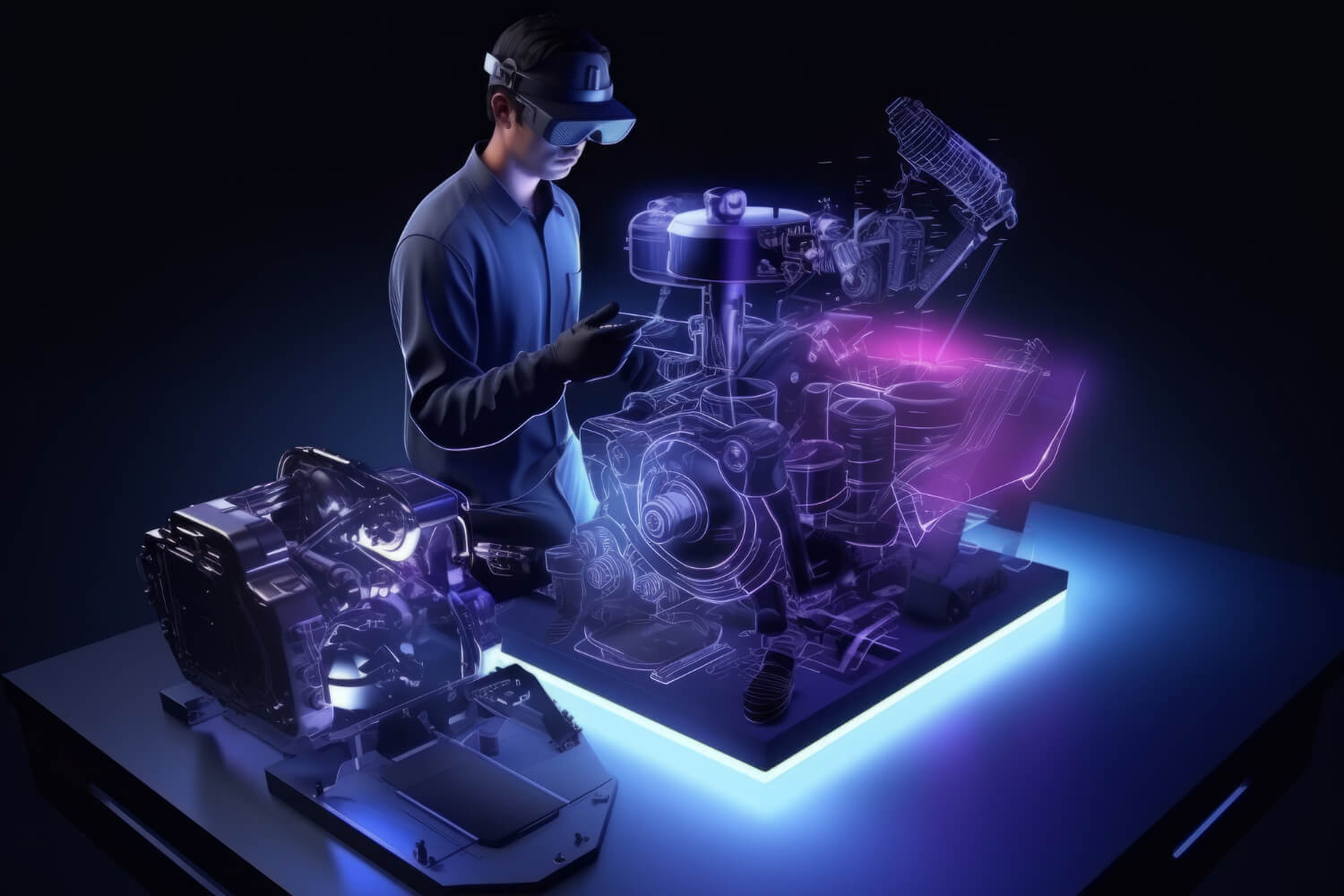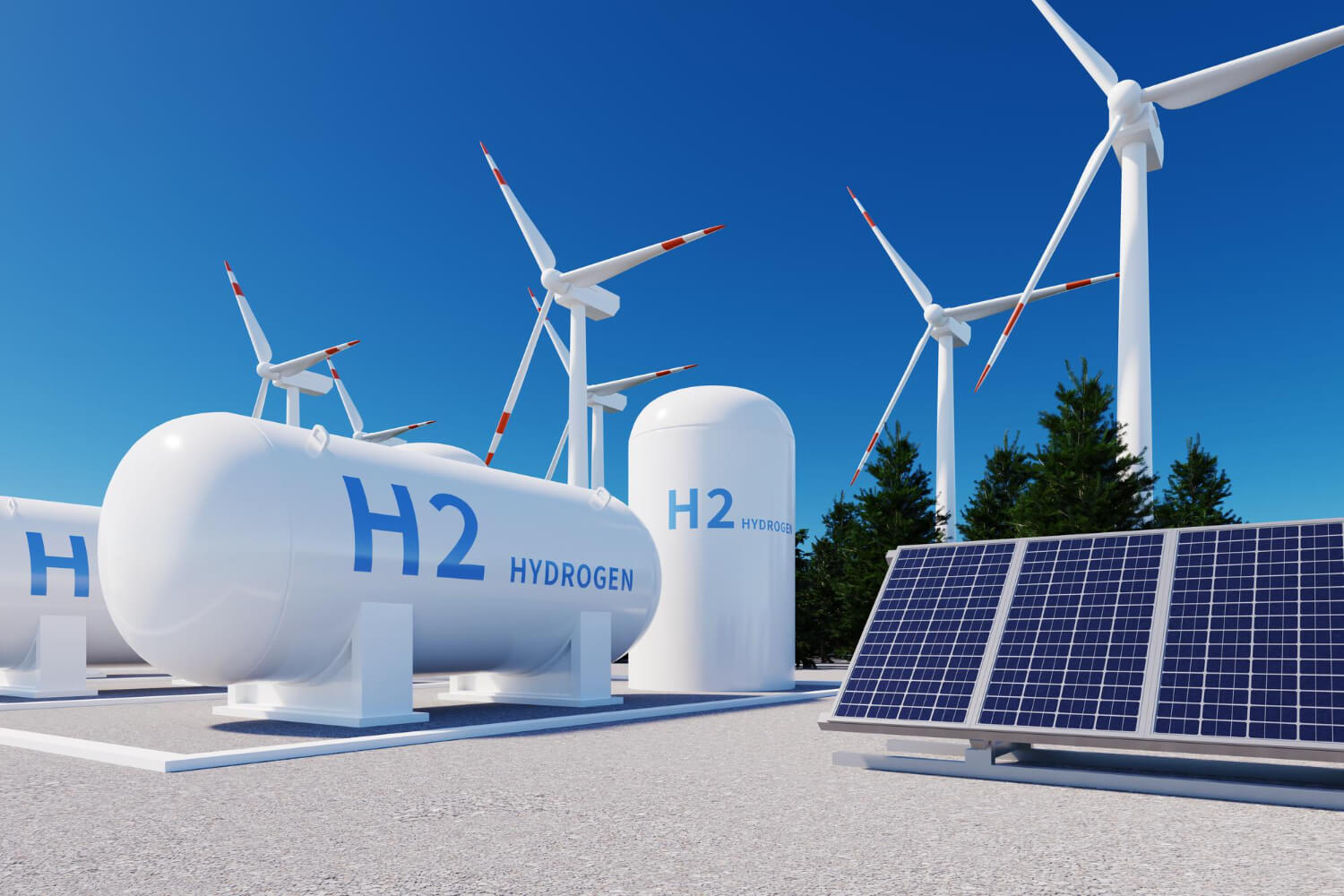In today’s fast-changing world, innovation is no longer limited to digital platforms or artificial intelligence. Businesses are increasingly searching
In today’s fast-changing world, innovation is no longer limited to digital platforms or artificial intelligence. Businesses are increasingly searching for technologies that not only reduce costs but also contribute to long-term sustainability and corporate responsibility. One compelling example is engine decarbonization, a process that has quietly transformed how companies approach efficiency, environmental responsibility, and the economics of transportation.
Although it may sound like a purely mechanical solution, engine decarbonization is a powerful illustration of how technology, business innovation, and sustainability intersect. For organizations operating large fleets, for entrepreneurs developing green-tech startups, and for policymakers shaping global regulations, the process highlights the role of practical innovation in building the future of business.
What Engine Decarbonization Really Means
At its core, engine decarbonization is the removal of carbon deposits that accumulate inside internal combustion engines over time. These deposits can reduce performance, increase fuel consumption, and shorten engine lifespan. For decades, mechanical interventions and chemical solvents were the primary ways to address the issue.
Today, however, advanced methods based on HHO technology and eco-friendly cleaning systems offer a safer, cleaner, and more sustainable approach. Instead of relying on harmful chemicals, modern solutions use hydrogen-based processes that restore engine performance while minimizing environmental impact.
This technological leap demonstrates how innovation is not limited to software or digital tools but can arise in traditional industries like automotive and transport. It is precisely this kind of innovation that resonates with broader business trends—efficiency, responsibility, and long-term competitiveness.
Why Businesses Should Care
From a business perspective, engine decarbonization is about more than just cleaner engines. It represents:
-
Cost Efficiency – Lower fuel consumption and longer engine life directly translate to reduced operating expenses for logistics companies, taxi services, or any enterprise with a vehicle fleet.
-
Regulatory Compliance – With governments across the world tightening emission standards, adopting clean-engine technologies becomes a proactive step toward compliance.
-
Reputation and Responsibility – Companies are increasingly judged not only by profit margins but also by their environmental footprint. Investing in decarbonization technologies helps build a responsible brand image.
-
Scalability and Innovation – Startups and entrepreneurs exploring green technologies can integrate decarbonization services into broader sustainability-driven business models.
By aligning with economic trends such as green transformation and innovation in business practices, engine decarbonization has become a strategic asset for forward-thinking organizations.
Engine Decarbonization in the Context of Global Innovation
The global conversation about innovation often centers around artificial intelligence, blockchain, or renewable energy. Yet, engine decarbonization fits neatly into this dialogue. It is a practical, scalable innovation with immediate benefits, contributing to climate goals while reducing business costs.
The automotive industry in particular is under intense pressure to innovate. While electric vehicles are gaining momentum, the reality is that millions of combustion engines will remain in use for decades. Decarbonization provides a bridge solution: lowering emissions and improving efficiency of existing technologies while the world transitions toward fully electric mobility.
In this sense, it is an example of transitional innovation—a form of technology that creates value today while paving the way for tomorrow’s sustainable future. Businesses that embrace such transitional technologies position themselves as adaptive, resilient, and prepared for shifting global landscapes.
Corporate Responsibility and Social Impact
The importance of social impact and corporate responsibility has grown significantly in recent years. Stakeholders—from consumers to investors—demand accountability. They expect organizations to reduce their ecological footprint, contribute positively to society, and adopt innovative solutions that align with global sustainability goals.
Engine decarbonization, while technical in nature, feeds into this broader responsibility. For instance:
-
Logistics companies that decarbonize their fleets contribute to cleaner air in urban areas.
-
Municipal services that apply the technology reduce fuel use and save taxpayer money.
-
Startups offering decarbonization solutions create new job opportunities in the green-tech sector.
Each of these outcomes demonstrates how a technical innovation becomes part of a larger social and economic narrative.
Entrepreneurship and New Market Opportunities
The rise of engine decarbonization technologies has also opened opportunities for entrepreneurs. Small businesses and startups can build specialized services around this technology, targeting vehicle owners, fleet operators, or even governments.
Consider the potential:
-
Service Providers – Entrepreneurs can establish workshops dedicated to decarbonization, offering eco-friendly engine cleaning as a premium service.
-
Technology Innovators – Startups can develop more efficient HHO generators or portable decarbonization machines.
-
Consulting and Training – Businesses can train mechanics and automotive professionals to integrate decarbonization into their existing services.
In a global market that increasingly values green solutions, these opportunities not only create revenue but also position entrepreneurs as leaders in the sustainable technology space.
Workplace Culture and Sustainability Mindset
Adopting technologies like engine decarbonization also impacts workplace culture. Employees are more likely to feel engaged and motivated when working for organizations that prioritize innovation and sustainability. Companies that invest in such solutions foster cultures of responsibility, creativity, and forward-thinking.
Moreover, younger generations entering the workforce—millennials and Gen Z—often prefer employers who demonstrate a commitment to environmental and social causes. In this way, adopting green technologies becomes not only a business strategy but also a talent-retention tool.
The Bigger Picture: Innovation Beyond Engines
While the immediate benefits of engine decarbonization focus on cleaner engines and reduced emissions, the concept also points to a larger lesson for businesses: innovation does not always mean disruption. Sometimes it means optimization—taking existing systems and making them cleaner, more efficient, and more responsible.
This perspective is crucial for industries undergoing transformation. Not every company can build the next electric vehicle or AI-powered platform, but every company can identify processes to optimize, technologies to adopt, and innovations to integrate. Engine decarbonization is one of those technologies that, while niche, exemplifies how incremental improvements can generate significant economic and social value.

Conclusion
Innovation in business is often discussed in terms of flashy new technologies, but true progress also lies in practical, implementable solutions that combine efficiency, sustainability, and responsibility. Engine decarbonization is one such solution.
By reducing emissions, extending engine life, and cutting fuel consumption, it demonstrates how technology can directly support corporate responsibility and global sustainability goals. For entrepreneurs, it opens opportunities in a growing green-tech sector. For corporations, it represents a strategic choice to align with economic and social trends.
As businesses worldwide continue to search for ways to balance profitability with responsibility, engine decarbonization stands out as a clear example of innovation in action—proof that even in traditional industries, technology can reshape the way we think about the future of business.






COMMENTS